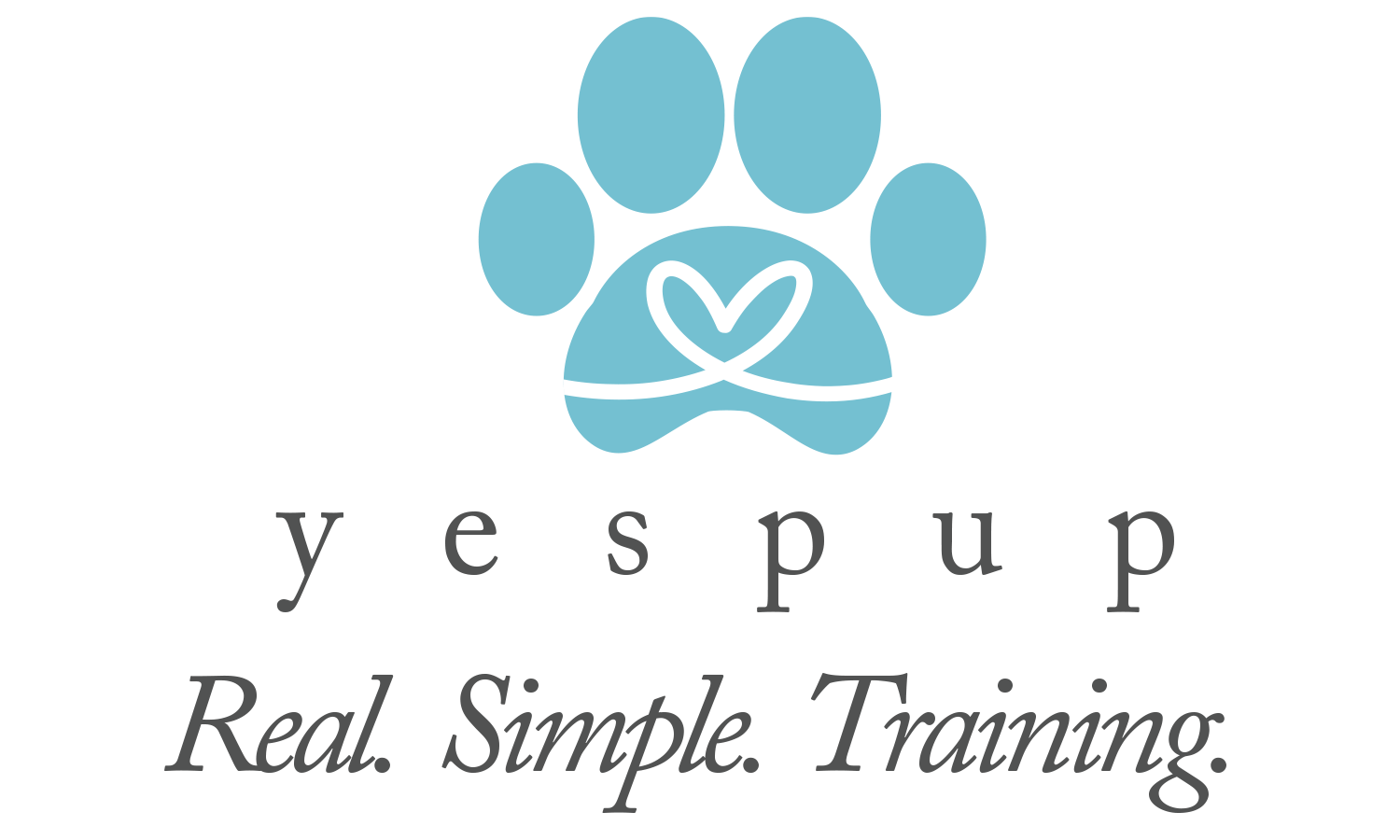
|
Home
| Contact Us
|
|

|
| Certified, Professional Dog Training and Care for Discriminating Owners |
Kids and Dogs Safety Tips*
Keeping dogs and children safe from each other involves training for each of them! Here are some tips and obvious warning signs when you should seek professional help immediately.
Tips
for training kids about dogs:
Never, NEVER leave children, toddlers or infants unattended with dogs, regardless
of how "good" they are.
Teach your children how and where to properly touch dogs.
Teach children to respect a dogs space (dog bed, crate, eating area).
Teach children to meet new/strange dogs by letting the dog move into the child's space and not the other way around.
Always ask first before petting a dog you do not know. Regardless of what the owner says, if the dog seems agitated or highly excited, do NOT attempt to pet the dog.
Don't pet stray or unknown dogs.
Teach children what to do if a dog becomes aggressive.
Read: Childproofing Your Dog : A Complete Guide to Preparing Your Dog for the Children in Your Life by Brian Kilcommons, Sarah Wilson
Parents, you should parents of any playmates if they have dogs and where they are kept when the children will be playing at there. Intact (not neutered or spayed) animals over six months old should be away from children while the children play.
Keep your children and your dogs safe. Get educated!
Pat Pet Paws Video for kids
Check out Stop the 77
Tips
for training dogs about kids:
Never, NEVER leave dogs unattended with children!
Socialize your puppy with people of all ages, especially children.
Train your dog to pass the AKC's Canine Good Citizen Test. It's open to pure and mixed breed dogs.
Train your dog to respond to your commands immediately.
Teach dogs to automatically sit or lay down when children approach.
Do give your dog access to a "quiet" place where children cannot access him.
Do NOT
tie your dog out unless he is either being supervised or children cannot gain
access to him. Dogs tied tend to have more frustration and therefor, may be
more likely to become aggressive.
Warning
Signs of Dog Aggression*:
These are only some and may be exhibited separately or with other behaviors.
Air Snaping
Biting
Bearing Teeth
Frantic
Freezing
Hyperness
Growling
Snapping
Remember,
humans are supposed have the bigger brains.
It is our job to understand dogs, not the other way around!
*This page is intended to give general guidelines for dogs without aggressive behavior. If you think your dog is or may be aggressive, please consult your veterinarian or a qualified, professional dog trainer.